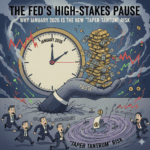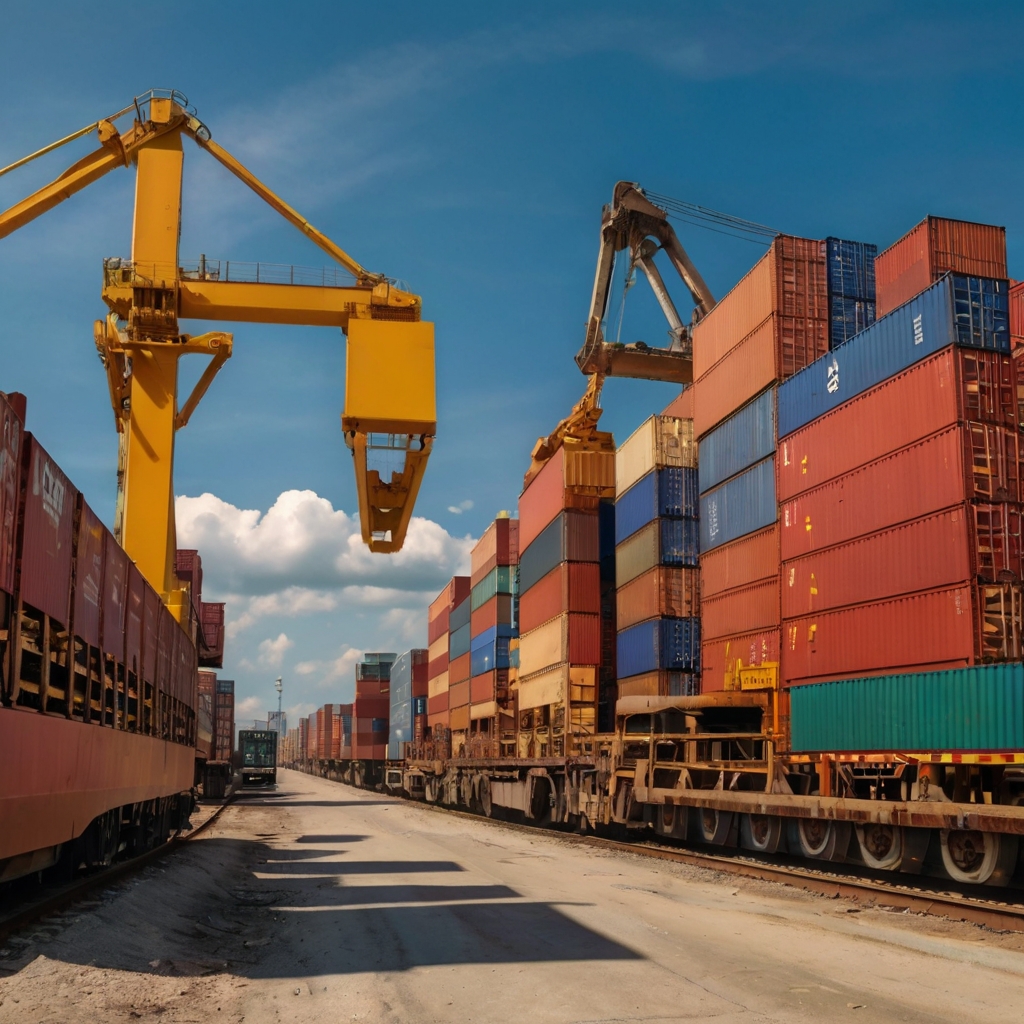In a free trade agreement (FTA), two or more trading partners either significantly reduce or eliminate customs duties on the maximum number of goods traded between them. Additionally, they ease norms to promote and facilitate trade in services and investments.
India and UK’s Commitment to FTA
Commerce and Industry Minister Piyush Goyal announced on Wednesday that both India and the UK are dedicated to the proposed free trade agreement (FTA) between the two nations. He highlighted that the initial remarks from the new UK government are highly encouraging.
“The Labour Party is deeply committed, as is the Modi government,” he told reporters, affirming the mutual dedication to the FTA.
Encouraging Signals from the UK
Britain’s newly-elected Prime Minister Keir Starmer spoke with Prime Minister Narendra Modi on Saturday, expressing his readiness to finalize an FTA that benefits both sides. The two leaders agreed to strive for an early conclusion of a mutually advantageous India-UK FTA.
Progress and Stalled Talks
The India-UK discussions for the proposed FTA began in January 2022. However, the 14th round of talks stalled as both nations entered their general election cycles. Despite this, the commitment to progress remains strong on both sides.
Key Elements of the FTA
In an FTA, two or more trading partners either significantly reduce or eliminate customs duties on the maximum number of goods traded between them. Additionally, they ease norms to promote and facilitate trade in services and investments.
There are unresolved issues in both the goods and services sectors. The Indian industry is pushing for greater access for its skilled professionals, particularly from the IT and healthcare sectors, in the UK market. Additionally, they seek market access for several goods at zero customs duty.
Conversely, the UK is advocating for significant reductions in import duties on goods such as scotch whiskey, electric vehicles, lamb meat, chocolates, and certain confectionery items. The UK is also looking for enhanced opportunities for its services in the Indian market, particularly in segments like telecommunications, legal, and financial services (banking and insurance).
Bilateral Investment Treaty and Trade Growth
The two countries are also negotiating a bilateral investment treaty (BIT), which is a crucial component of the broader FTA discussions. The agreement encompasses 26 chapters, including goods, services, investments, and intellectual property rights.
Bilateral trade between India and the UK has seen substantial growth, increasing to USD 21.34 billion in 2023-24 from USD 20.36 billion in 2022-23.
Political Support for the FTA
The Labour Party’s election manifesto for the recent polls also emphasized a commitment to clinching the FTA deal, underscoring the political support for this economic partnership.
Conclusion
The commitment of both India and the UK to the proposed FTA is evident from the ongoing discussions and political endorsements. While there are still unresolved issues, the mutual dedication to promoting trade and investment signals a promising future for bilateral relations and economic cooperation between the two nations.















